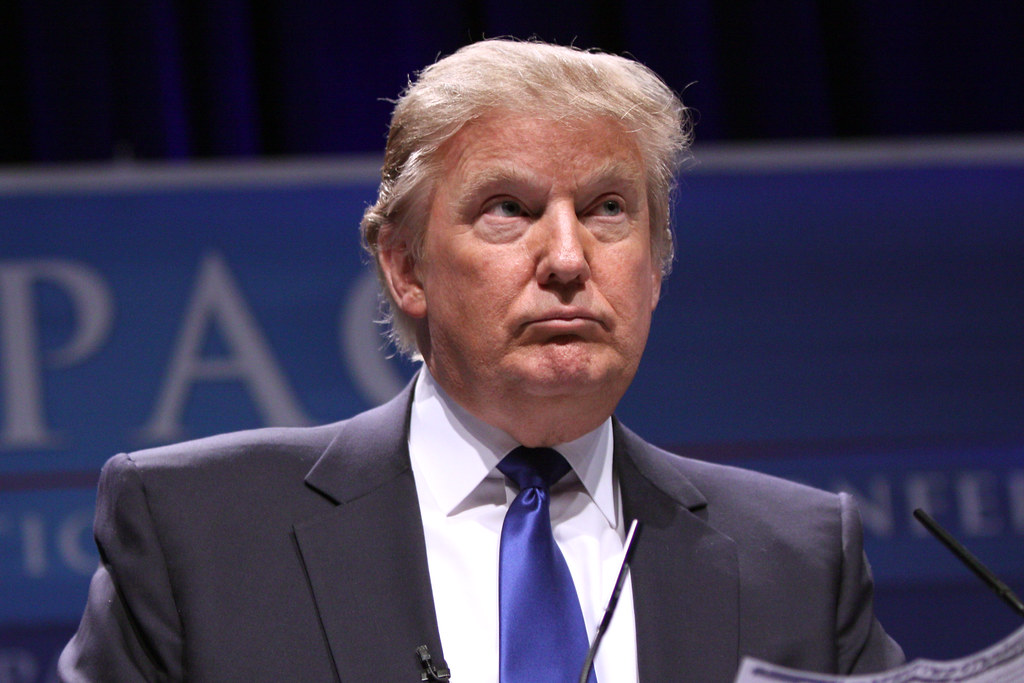Washington, January 14 – U.S. Special Counsel Jack Smith concluded that Donald Trump attempted an “unprecedented criminal effort” to retain power after losing the 2020 election. However, his efforts to bring the case to trial were thwarted by Trump’s victory in the November election, as reported on Tuesday.
Smith’s report details a four-count indictment against Trump, accusing him of plotting to obstruct the collection and certification of votes after his 2020 defeat by Democratic President Joe Biden.
The report states that the evidence was sufficient to convict Trump at trial, but his expected return to the presidency on January 20 made that impossible.
Smith, who has faced ongoing criticism from Trump, defended his investigation and the prosecutors involved.
In a letter outlining his findings, he called Trump’s claim that his decisions were influenced by the Biden administration or other political actors “laughable.”
Following the report’s release, Trump criticized Smith on his Truth Social site, referring to him as a “lamebrain prosecutor” who failed to take the case to trial before the election.

Trump’s lawyers publicly labeled the report a “politically-motivated attack” in a letter to Attorney General Merrick Garland. They argued that releasing it before Trump’s return to the White House would hinder the presidential transition.
Much of the evidence in the report has already been made public.
However, it does include new information, such as prosecutors considering charging Trump with inciting the January 6, 2021, attack on the U.S. Capitol under the Insurrection Act.
Ultimately, they determined that this charge carried legal risks and lacked sufficient evidence showing Trump intended for the violence that occurred.
The indictment charged Trump with conspiring to obstruct the election certification, defrauding the United States of accurate election results, and depriving U.S. voters of their voting rights.
Smith’s office noted that charges against some co-conspirators who aided Trump may have been justified, but prosecutors did not reach final conclusions about those individuals.
Several of Trump’s former lawyers had been identified as co-conspirators referenced in the indictment.
A separate section of Smith’s report addresses accusations against Trump for illegally retaining sensitive national security documents after leaving the White House in 2021.
The Justice Department has pledged not to make this portion public while legal proceedings against two Trump associates are ongoing.
Smith, who recently left the Justice Department, dropped both cases against Trump after he won the last election. He cited a longstanding Justice Department policy that prevents prosecuting sitting presidents.
Neither case reached trial, and Trump has pleaded not guilty to all charges. He frequently refers to Smith as “deranged” and characterizes the cases as politically motivated attacks aiming to damage his campaign and political movement.
Trump and his two former co-defendants sought to block the report’s release in the days leading up to his return to office on January 20. Courts rejected their requests to prevent the publication.
U.S. District Judge Aileen Cannon, who oversaw the documents case, instructed the Justice Department to halt plans to allow certain senior members of Congress to review the report’s document section privately.
Prosecutors previously provided a detailed view of their case against Trump in court filings. Additionally, a congressional panel released a 700-page report in 2022 outlining Trump’s actions following the 2020 election.
Both investigations concluded that Trump spread false claims of widespread voter fraud, pressured state lawmakers not to certify the vote, and sought to use fraudulent elector groups in Biden-won states to prevent Congress from certifying his opponent’s victory.
This effort culminated in the January 6 attack on the U.S. Capitol, where a mob of Trump supporters tried to interrupt the certification process.
Smith’s case faced legal challenges even before Trump’s election win. The investigation was paused for several months as Trump argued that he could not be prosecuted for official actions taken during his presidency.
The Supreme Court’s conservative majority largely sided with him, granting former presidents broad immunity from criminal prosecution.
Click here to read more world news.


